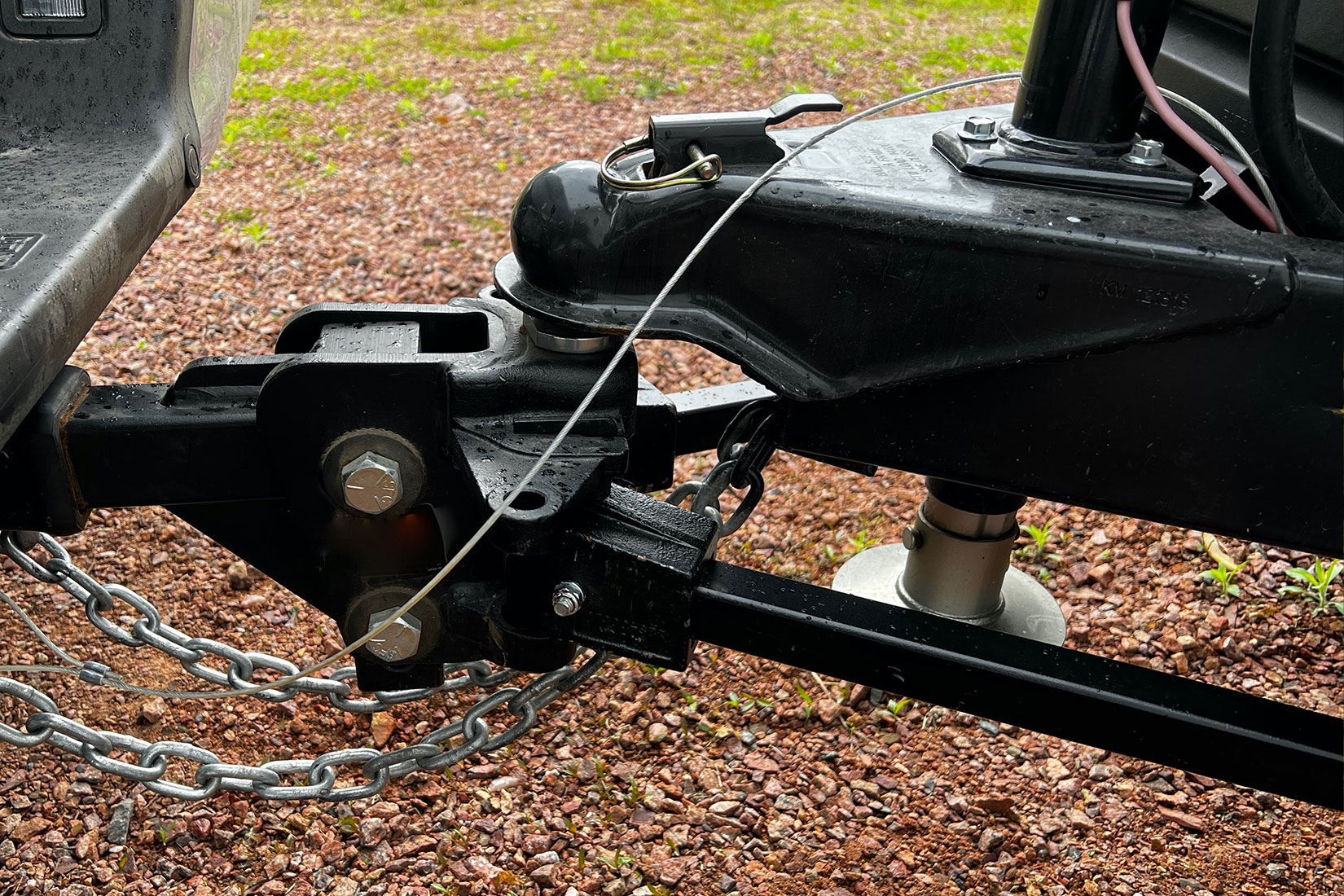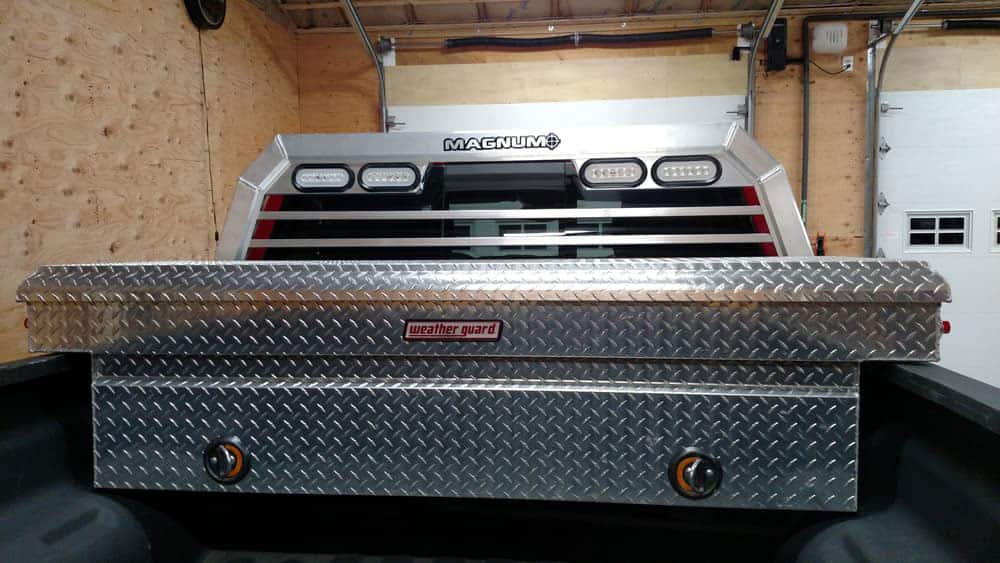Essential Truck Upgrades for Today’s Adventurer: Pickup Bed Racks versus Headache Racks
Conquering the road has never been so easy thanks to modern-day trucks. Automotive manufacturers aren’t the only ones making strides in improving trucks for drivers. Companies who design accessories to help upgrade your truck are also making important updates for drivers. If you’re setting out on an adventure in your pickup truck, headache and bed […]










